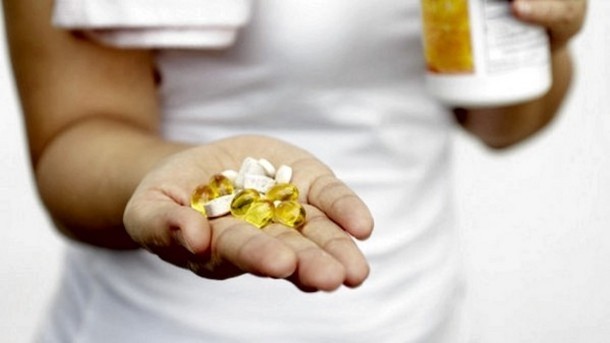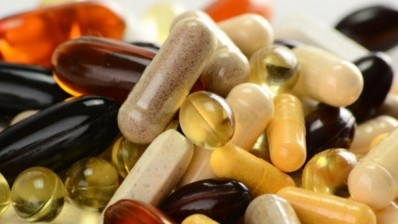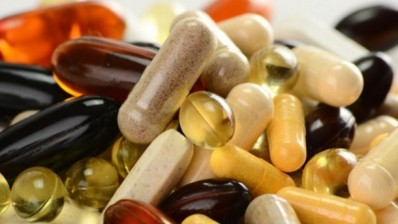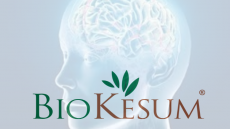Supplements may help women with antenatal depression, study suggests

Writing in Nutrition Journal, the team warn that antenatal depression – which often goes undiagnosed – can lead to changes in dietary habits that in turn have important health implications for both mother and baby.
It is estimated that between 18% and 80% of expectant mothers in Pakistan have antenatal depression, said the team led by Ayesha Saeed from the University of South Asia – who noted that between 10% and 40% of women are believed to experience depression during pregnancy or after childbirth.
“During pregnancy nutritional requirements are increased, to meet the needs of the fetus and mother. Adequate intake of calories and nutrients during pregnancy are necessary to have healthy mother and child at the end of antenatal period,” wrote Saeed and colleagues.
“Higher depressive symptoms are associated with decreased healthy nutrition and increased unhealthy nutrition,” they said – adding that depressed women tend to consume fewer macronutrients, except for fat than their non depressed counterparts.
“Antenatal depression is like an iceberg in our society, effecting large proportion of antenatal women,” they warned.
Patient files
The hospital-based, prospective cohort study was conducted on 94 middle class antenatal attendees at a tertiary care hospital in Lahore, Pakistan at the beginning of second trimester.
Participants were all assessed using the Edinburgh Postnatal Depression Scale (EPDS) and cohort members were followed until after delivery, while maternal dietary intake was assessed by 24-hour recall and a food frequency checklist and neonatal outcomes were identified through patient files before discharge.
The EPDS screening revealed that 43% of participants were depressed – out of which 20% were classed as severely depressed and the remaining 23% were classed as moderately depressed.
Poor maternal dietary intake was associated more with antenatal depression, said Saeed and colleagues – who revealed that antenatal depression increased the risk of a poor Healthy Eating Index score.
Furthermore, incidence of neonatal outcomes including, foetal growth retardation, preterm birth, low apgar score and low birth weight, were all significantly associated associated with depression and its related poor dietary intake.
“A healthy and diverse diet is imperative at all times in life, but above all in pregnancy,” wrote Saeed et al, adding that intake of iron and vitamin B12 were particularly low for women with depression.
Source: Nutrition Journal
Published online ahead of print, doi: 10.1186/s12937-016-0184-7
“Effect of antenatal depression on maternal dietary intake and neonatal outcome: a prospective cohort”
Authors: Ayesha Saeed, et al


















